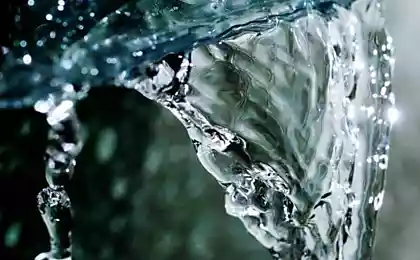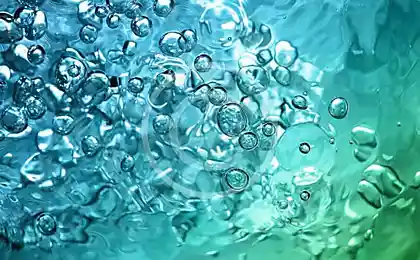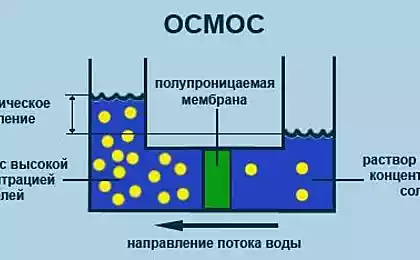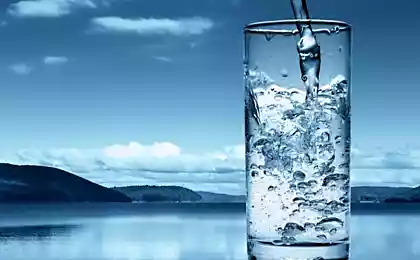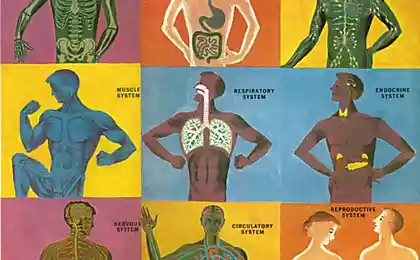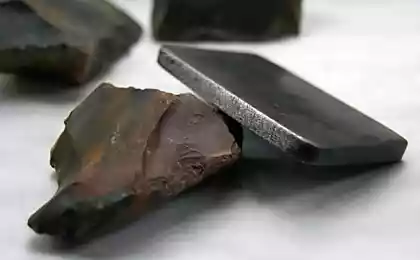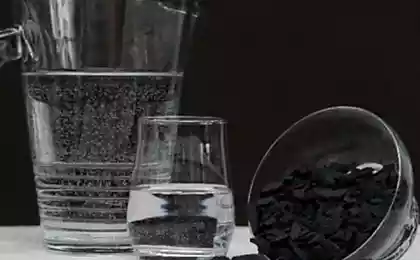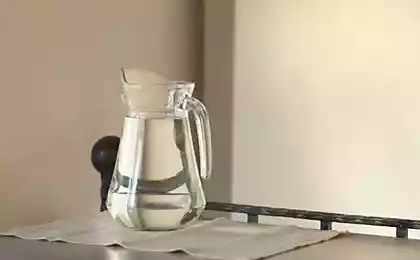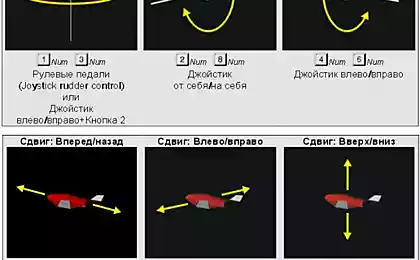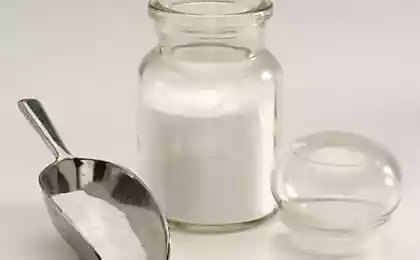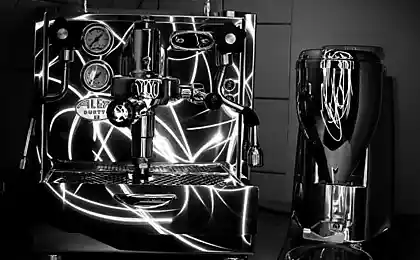263
How to drink water properly

Nothing is easier than ordinary water. However, there are many myths about it. The most common of them we decided to disassemble.
Myth #1.
You need to drink 2 liters of water per day.
Actually:
- That's not exactly true. The rate of water consumption necessary to maintain proper metabolism is taken at the rate of 1 liter of water per 30 kg of weight. If your weight is 60 kg, then the recommendation to drink 2 liters of water for you is really relevant. If the weight is downward or downward,
The amount of water required must be calculated individually.
This does not mean that you should go everywhere with a measuring glass and carefully calculate how many grams of water you can still drink. If you feel thirsty, you need to respond to it. After all, this is not the first sign of dehydration of the body, which threatens metabolic disorders, digestion, dry skin, brittle hair and nails.
Nothing will happen if you drink more water in a day than you should by weight. But on one condition,
You should not have kidney problems. Otherwise, the drinking regime must be adhered to.
Myth 2.
During the diet, it is necessary to reduce not only the amount of food, but also water consumption. You won't lose weight.
Actually:
- Water is one of the main helpers in the fight against excess weight. Its consumption helps to remove from the body the breakdown products of proteins, fats and carbohydrates. This is one of the main goals of many diets.
Most women try to reduce their water intake during the diet because they are afraid that they will have a baby.
The extra centimeters will not go away because of this. That's not entirely true. As a rule, swelling is associated not so much with drinking water as with the consumption of salty or spicy products. They retain fluid in the body.
If you reduce the number of such dishes in the diet, the result will not be long in coming. Of course, provided that the excretory system works normally. But women with kidney disease or bladder to diets generally need to approach very carefully. You can start losing weight only with the permission of the doctor and under his supervision.
Another reason for the appearance of edema and low effectiveness of the diet, paradoxically, is that a woman drinks little water. Lack of fluid, it usually compensates for the consumption of juice, tea, soup. This compensation is not in her favor.
The taste inherent in tea, coffee, soup, sends a signal to the center of saturation: there is food! After drinking tea, we feel like we are eating. Thus, we stretch the stomach, and later, getting used to absorbing everything in large volumes, get fat. That's first. And secondly, in black and green tea is a substance such as tannin, which worsens blood clotting. And caffeine, although it tones our body, is also unsafe: it increases the risk of cardiovascular disease.
Myth 3.
You can't drink while eating. The water will dilute the gastric juice, and there will be digestive problems.
Actually:
- This is nothing more than a theory that has become popular not so long ago. She has no good reason.
On the contrary, the water that we consume during meals lengthens the chewing process, softens food, making it easier for the digestive system. In addition, water consumption helps to reduce the amount of food eaten.
The main role in the process of digestion of food belongs to the hydrochloric acid contained in gastric juice. It is released in response to food, softens it, activates enzymes, promotes the formation of digestive hormones.
Small changes in its concentration due to drinking water do not matter. Imagine: you diluted 50 grams of juice with water. Will his number decrease from this? Nope. In addition, water, unlike food, leaves the stomach very quickly - so there is nothing to worry about.
However, it is advisable not to drink ice water during lunch. Soviet scientists have proved that if you drink porridge with a very cold drink, the time of its stay in the stomach is reduced from 4-5 hours to 20 minutes. This causes the feeling of hunger to return very quickly.
It increases the risk of obesity. In addition, such “accelerated” digestion does not bring benefits to the body.
Drink should be an hour before meals, during meals, but after eating for an hour to drink is not recommended. Imagine: here you had lunch and drank tea: soup takes 200 ml of stomach volume, meat – also 200 ml, side dish – 100 and on top of 2 cups of tea! As a result, the stomach is stretched, and next time you eat more. Installation on complex lunches "first, second, third and compote" in the last ten years of research has proven to be ineffective.
Myth 4.
In the morning on an empty stomach you need to drink a glass of water, but at night you can not drink.
Actually:
- The first part of the statement can be accepted. In the morning it is really useful to drink a glass of water on an empty stomach. It helps to wake up, immediately activates our nervous system, improves health. The best effect of water in the morning is if you add a slice of lemon to it. It is advisable to put it in a glass of water in the evening, then, waking up, you will get a wonderful vitamin infusion.
But the prohibition to drink water at night is very conditional. It is based on the fact that in the morning in this case, there may be swelling on the face. However, again, if the kidneys are working well, this is unlikely. On the contrary, drinking water at night will benefit you. It will prevent too much urine concentration, which leads to the formation of kidney stones.
In general, to talk about when you can drink water, and when not – a little strange. After all, in recent years, doctors increasingly come to the conclusion that it is desirable to drink in small portions and evenly throughout the day. Drink water with lemon on an empty stomach, then before breakfast drink a glass of herbal infusion or decoction. Be sure to drink before lunch. In the first and second half of the day, drink a couple of glasses of herbal tea, juice or water.
In the hot season, when fluid loss and thirst increase, you have to drink more. In these cases, it is better to drink a glass of water not at one time, but gradually, taking 1-2 sips at short intervals. If you do something, put a glass of water near you and drink it periodically in small sips. This drinking regime is very useful for the kidneys and ureters.
Myth 5.
Drinking during sports is harmful. This increases the load on the body and prevents weight loss.
Actually:
- That's not true. Everyone knows that if you sweat well in training, and then for some time not to drink water, then the waist volume will significantly decrease. But if you drink water, the figure returns to its original state.
The fact is that cells, including fat, are partly composed of water. During training, they lose it, so we feel that we have lost weight. But the number of fat cells does not decrease, and after a while they are restored in volume. Therefore, to test your body with dehydration during sports is useless - you will lose weight from this only illusory. To really get rid of fat, you should change the nature of nutrition, choose another workout. You can drink water anyway.
The load on the body does not increase. On the contrary, during training, body temperature rises, sweating increases, as a result of which the volume of circulating blood decreases, its viscosity increases. And this is not far from low blood pressure or thromboembolism. Consuming water helps prevent all of this.
If you have intensive training, doctors recommend following this drinking regimen. 1.5-2 hours before class, drink a glass of water. Add another half cup 10-15 minutes before training. During it you should drink 100-150 ml every 15 minutes. At the same time, you do not need to force yourself - if you want to miss one of the water receptions, it's okay. And after training, drink 150-200 ml every 15 minutes until the lost fluid is fully recovered. published
Source: www.wh-lady.ru/archive/index.php? SECTION_ID=3&ELEMENT_ID=4913&sphrase_id=63004
